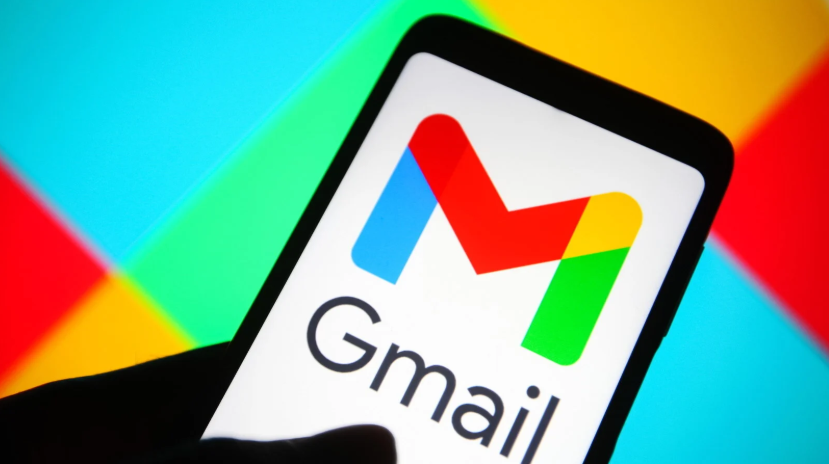Google's Bold Leap into AI-Powered Search: Transforming How We Access Information
- Covertly AI
- Mar 5, 2025
- 3 min read
Google has recently taken bold steps toward revolutionizing the way we interact with its search engine by leaning heavily into AI-driven features. With the increasing prominence of artificial intelligence in everyday life, Google is expanding its AI capabilities, making substantial shifts in how users experience search results and navigate information online.
In its effort to enhance the user experience, Google has introduced AI-generated overviews for search results. This feature, which was initially rolled out in the United States and parts of Europe, uses advanced machine learning models to synthesize information from various sources and present it as a concise, AI-powered summary at the top of the search results. By providing an at-a-glance overview of what’s most relevant, Google aims to reduce the need for users to click through multiple links to gather insights. Instead, the AI delivers essential information directly in the search results, allowing users to quickly grasp the context and relevance of their query.

This AI-driven overhaul is part of a broader strategy to integrate machine learning more deeply into Google’s ecosystem. The search engine giant is not only refining its current tools but also introducing entirely new features, like the AI Mode, which will be made available to users worldwide. With this mode, users will have an option to engage with the AI in a more interactive way, potentially receiving more tailored and conversational responses rather than just a list of links. The AI Mode will allow the engine to answer questions with greater context, nuance, and precision, creating a more personalized browsing experience. It’s designed to act as a knowledgeable assistant, capable of understanding complex queries and providing insights in real-time.
Perhaps the most groundbreaking move from Google, however, is its test of an entirely AI-powered version of the search engine. The company is experimenting with this version, which eliminates traditional search results entirely. Instead of showing links to websites, the AI-only version delivers direct answers generated by machine learning algorithms. This shift marks a significant departure from the traditional model that has long dominated the search landscape, where the goal has been to provide users with a list of links they can explore themselves. With this AI-only approach, users would rely entirely on Google’s AI to answer their queries, reducing the time spent sifting through different websites for information.

While these changes are undeniably impressive and promise to enhance the user experience, they come with challenges and concerns. One of the primary issues is the accuracy and reliability of the AI-generated content. With the risk of spreading misinformation, particularly when AI models synthesize information from a variety of sources, there is growing concern about how trustworthy these AI-generated summaries and answers will be. Google has addressed these concerns by working on refining the algorithms and ensuring that the AI can differentiate between credible and unreliable sources. However, the potential for error remains, especially in areas where context is complex or nuanced.
Another challenge lies in the implications for content creators and website owners. If AI-generated overviews and responses become more common, there could be less traffic directed to traditional websites. This shift might affect how businesses, news outlets, and educational platforms strategize their digital presence. As AI summaries take precedence, they could disrupt the traditional model of driving traffic through search results, forcing content creators to rethink their approach to online visibility.

Despite these challenges, Google’s advancements in AI are undeniably transforming the search experience. By integrating AI more deeply into its search engine, Google is not only making it more efficient but also pushing the boundaries of what’s possible in terms of providing personalized, real-time, and contextually rich information. As the AI-only version of the search engine continues to be tested, it will be interesting to see how these changes evolve and whether they mark a permanent shift in the way we access and interact with information online.
As AI continues to evolve, it is clear that Google is positioning itself at the forefront of this new era. The integration of AI into search represents a significant step forward, offering users faster, more intuitive, and more personalized ways to find information. While the full impact of these changes will unfold over time, one thing is certain: the future of search is increasingly powered by artificial intelligence.
.png)







Comments